Origins of Dior Handbags
Avenue Montaigne and the “New Look”
Christian Dior opened his couture house at 30 Avenue Montaigne, Paris, in 1946. His 1947 debut collection—quickly dubbed the “New Look”—used cinched waists and full skirts to revive post-war fashion. Small leather goods followed, echoing couture silhouettes and setting the groundwork for future handbag design.
Early Leather Goods and House Codes
After Dior’s death in 1957, successive creative directors formalised codes that still define the range: cannage quilting inspired by the Napoleon III chairs used at shows, dangling D-I-O-R letter charms and the Oblique canvas created by Marc Bohan in 1967.
The Making of an Icon: Lady Dior
A Royal Debut
In September 1995, France’s first lady Bernadette Chirac gifted Princess Diana a prototype of a structured top-handle bag. Diana carried it throughout her Paris visit; images went global and orders flooded in. Three months later, Dior released the bag as the Lady Dior.

Design Elements and Variations
Four symmetrical panels, rigid leather-wrapped handles and uninterrupted cannage stitching give the Lady Dior its sculpted look. It has since appeared in lambskin, patent, denim, wicker and embroidered satin and in sizes from micro to extra-large. Artist collaborations and seasonal colours keep collectors hunting, yet the core design remains unchanged.
Other Landmark Dior Designs
The Saddle Bag
John Galliano’s 1999 Saddle Bag reshaped the house’s equestrian heritage into a crescent that hugs the hip, secured by a swinging D charm. Revived in 2018, it now fronts street-style galleries worldwide.

The Book Tote
Maria Grazia Chiuri’s 2018 Book Tote began as an embroidery exercise requiring over a million stitches per bag. Its open-box shape and monogram-ready panels make it a travel and office staple.
30 Montaigne, Caro & Bobby
• 30 Montaigne (2019) places a vintage CD lock on a neat rectangular flap.
• Caro (2021) softens cannage-stitched calfskin with a swivelling CD clasp.
• Bobby (2021), named after Dior’s dog, balances structure and curve for cross-body ease.
House Codes That Unite the Collection
Cannage Quilting
A lattice of diagonal and perpendicular lines, lifted from show chairs, appears on Lady Dior, Caro and Lady 95.22 models.
Oblique Canvas
Bohan’s 1967 jacquard motif resurfaces in navy, burgundy and seasonal brights on Saddle Bags, Book Totes and SLGs.
D-I-O-R Charms
Gold- or palladium-finished letters add movement and a subtle sound cue that links modern pieces to mid-century originals.
Legacy, Collectability & Sustainability
Celebrity Endorsement and Cultural Impact
From Princess Diana to Marion Cotillard, Natalie Portman and today’s K-pop stars, high-profile owners keep Dior bags in the spotlight while introducing them to new generations.

Pre-Owned Market and Investment Appeal
Early Lady Diors with squared handles and Galliano-era Saddles in limited fabrics command strong resale prices. Preloved purchases also keep original craftsmanship in circulation, reducing demand for new hides.
Modern Craft and Responsible Production
Italian ateliers now cut leather with computer-optimised patterns to minimise waste, while Book Totes appear in recycled cotton. Dior’s planned digital-certificate rollout will further secure authenticity.
Looking Ahead
Recent releases such as the Lady D-Joy and ultra-soft Lady 95.22 show how the house refreshes classics without erasing DNA. Anchored by cannage quilting, Oblique canvas and letter charms, Dior handbags continue to blend heritage storytelling with modern utility—assuring their place on arms, and in collections, for decades to come.







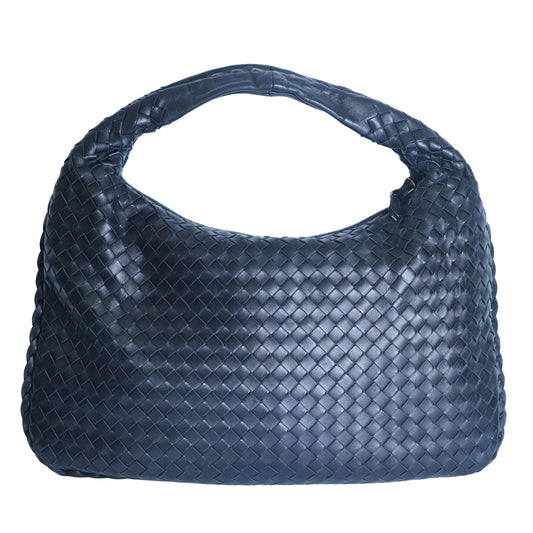
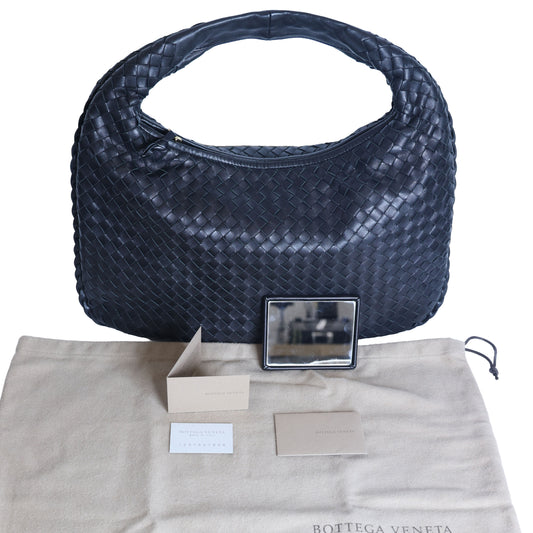
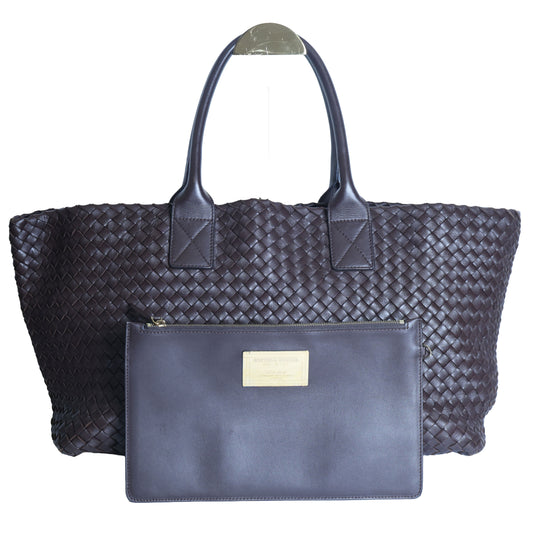
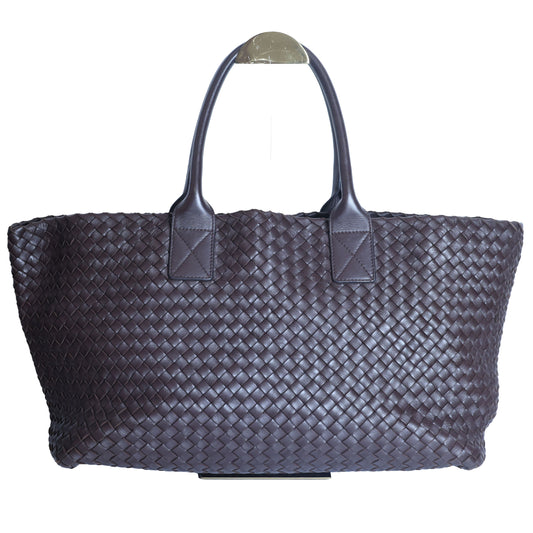
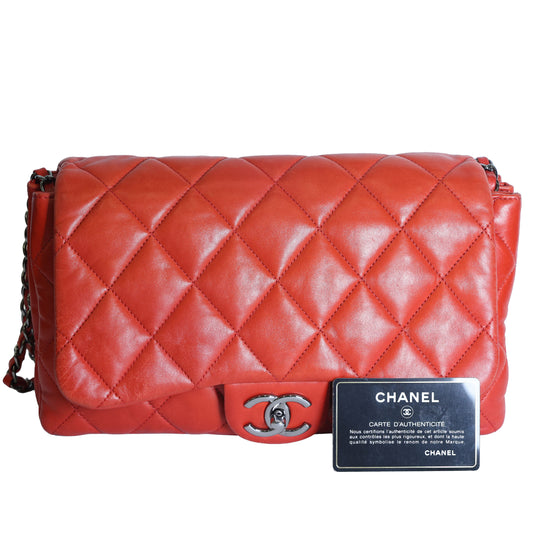
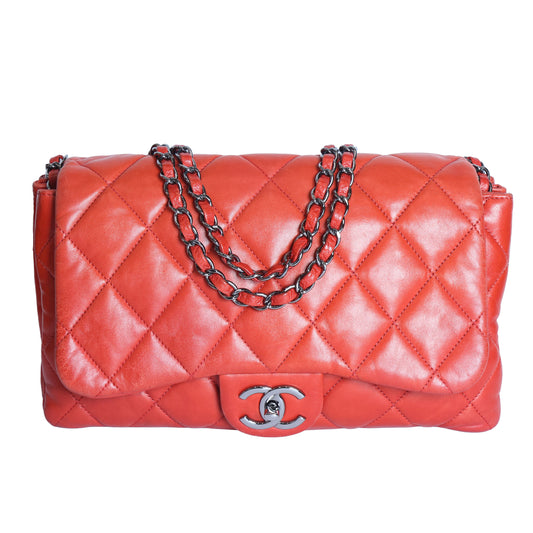
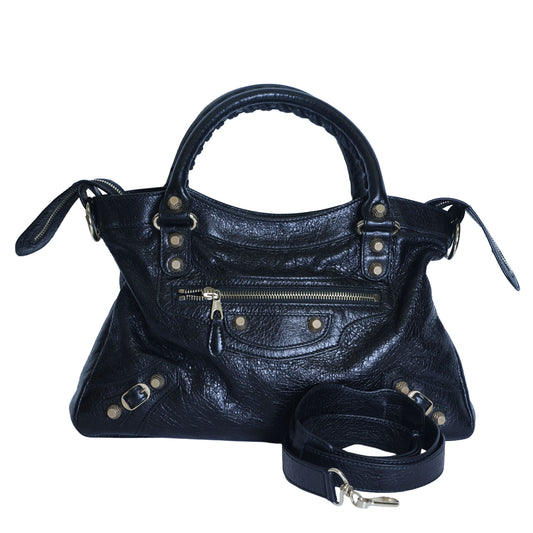
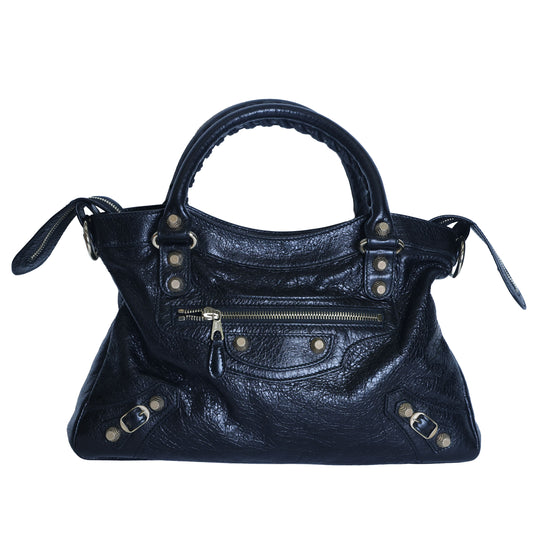
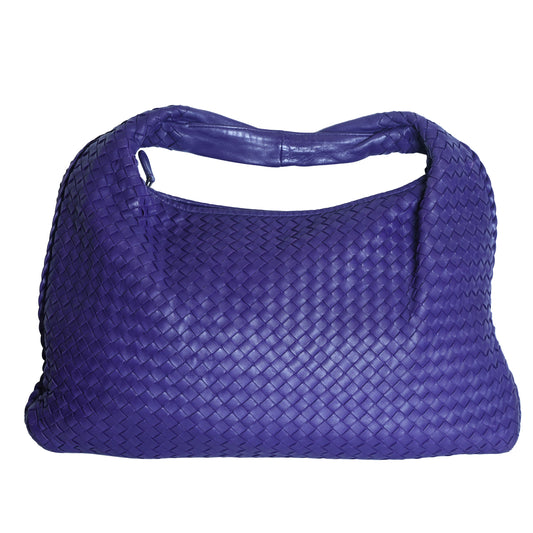
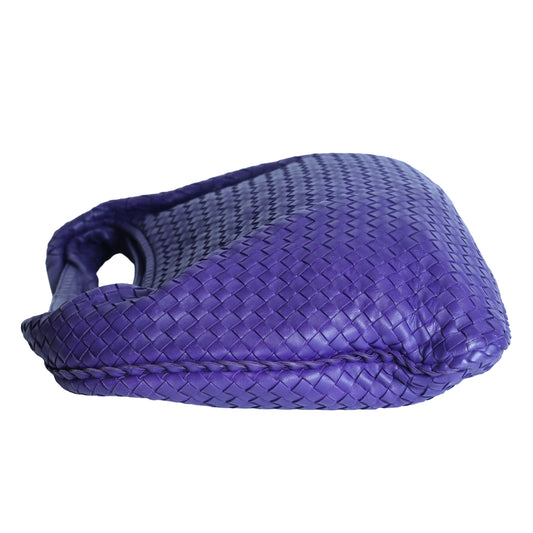
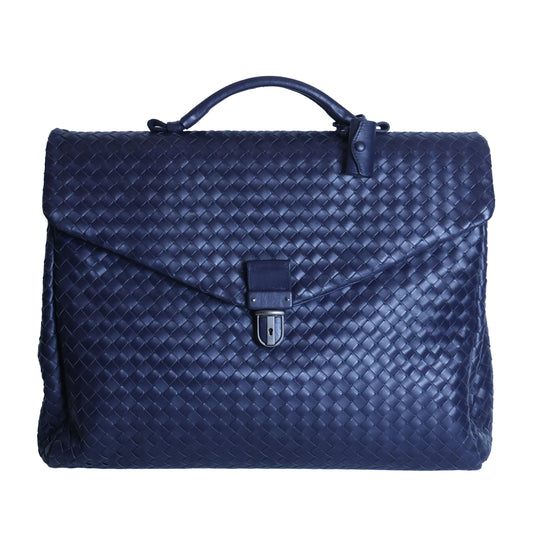
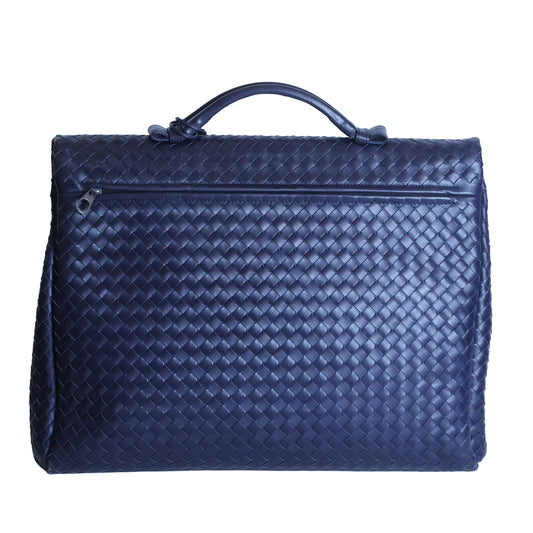
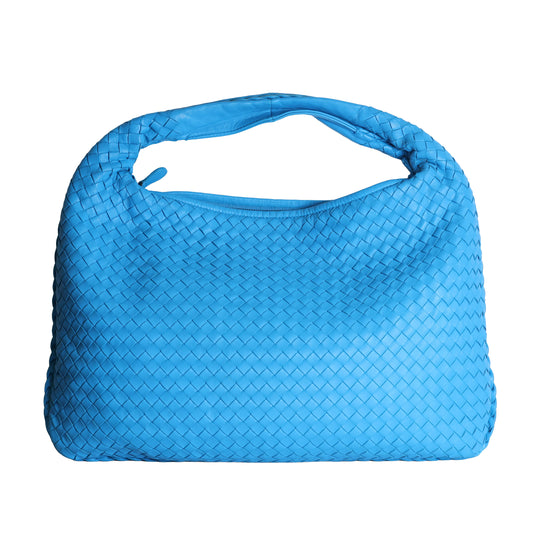
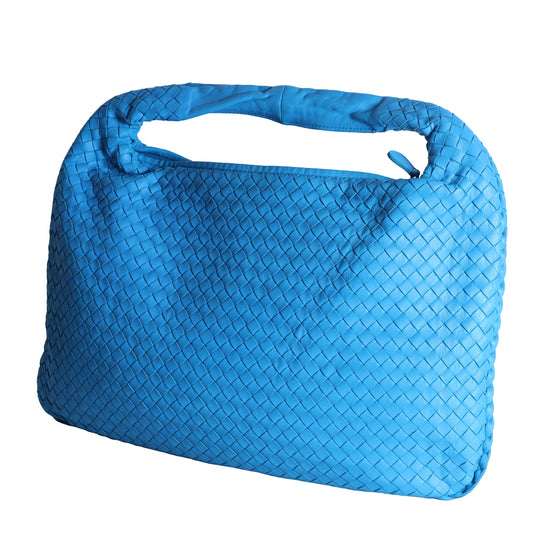
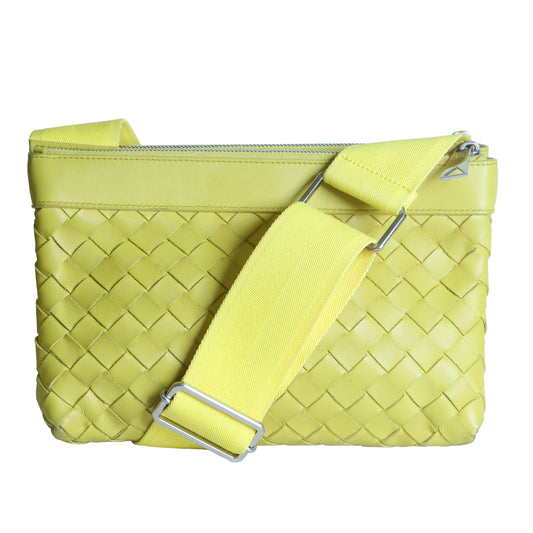
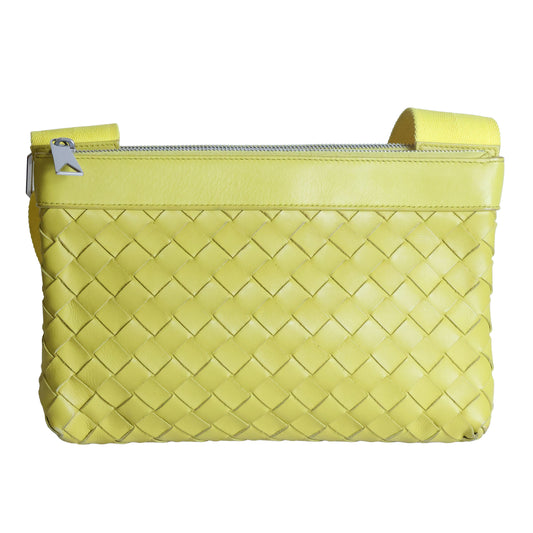
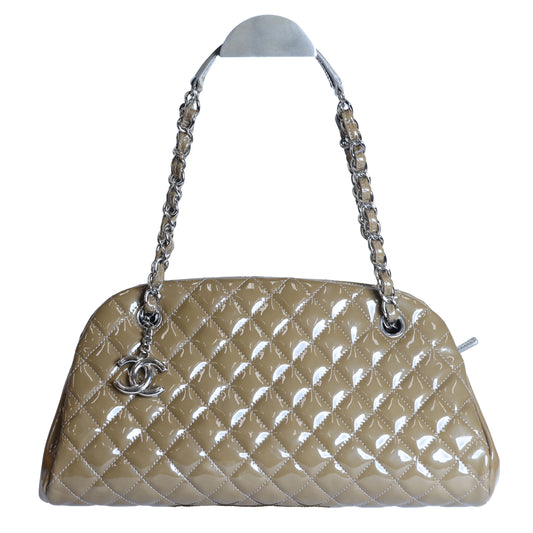
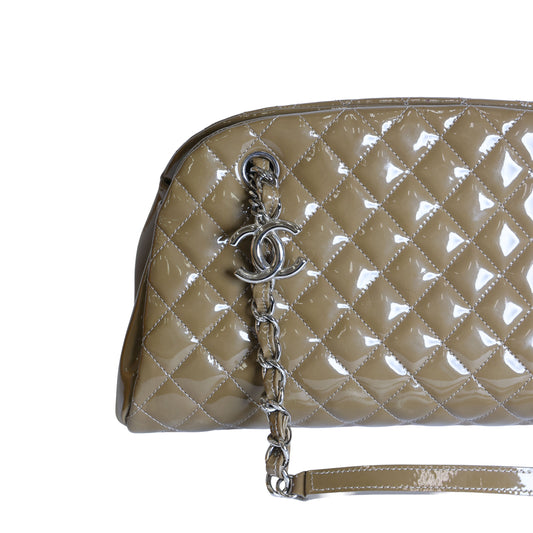
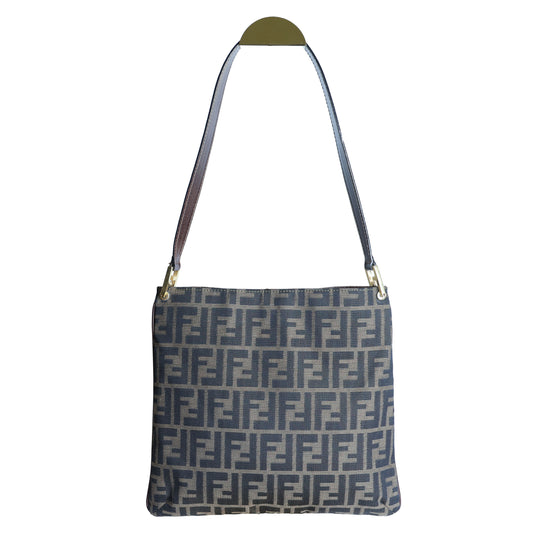
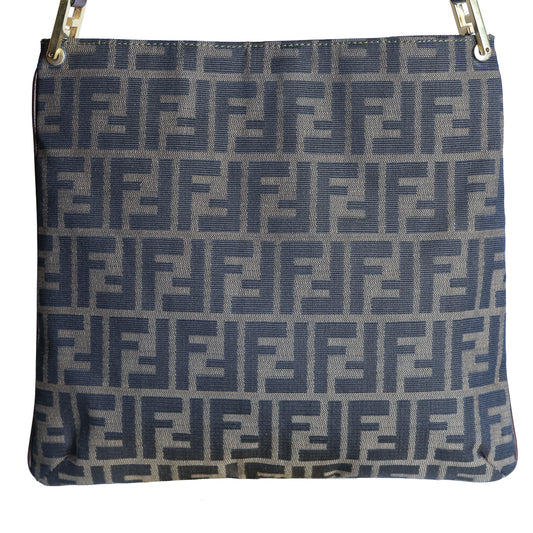
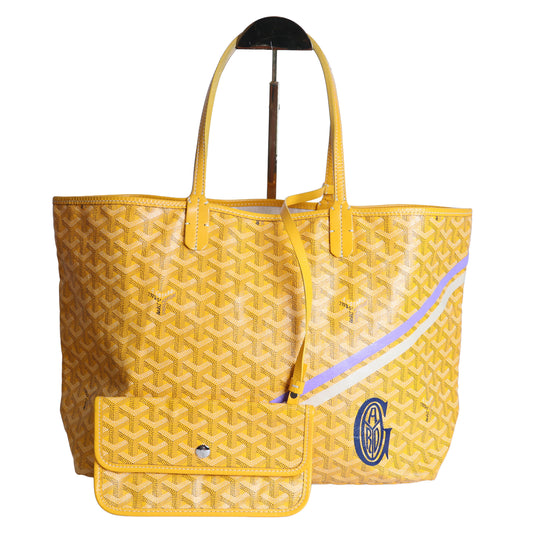
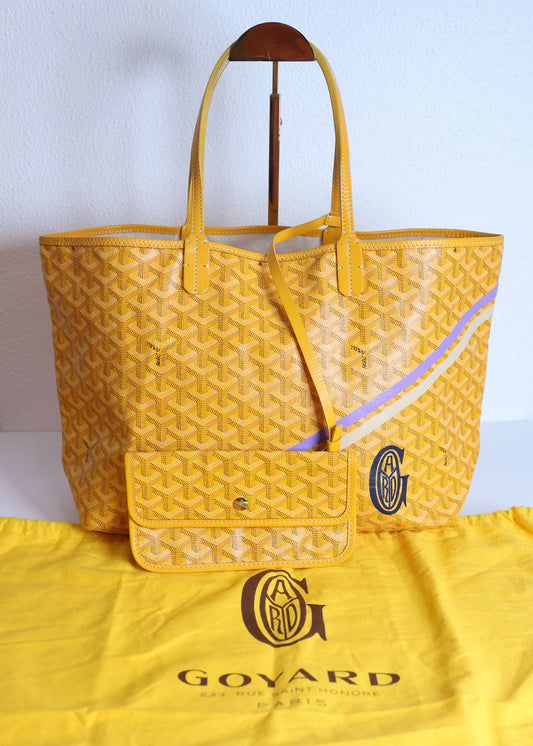
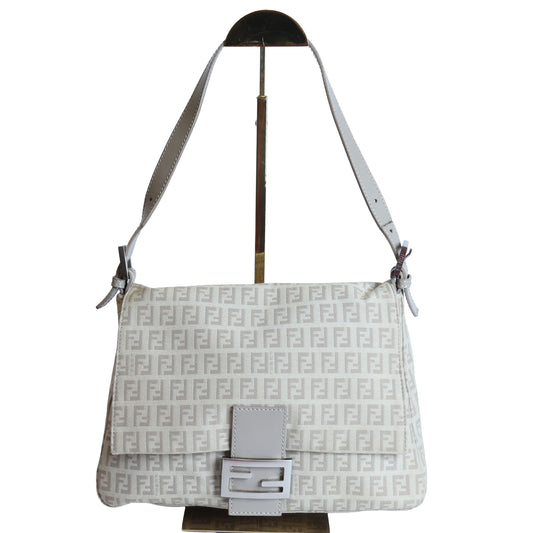
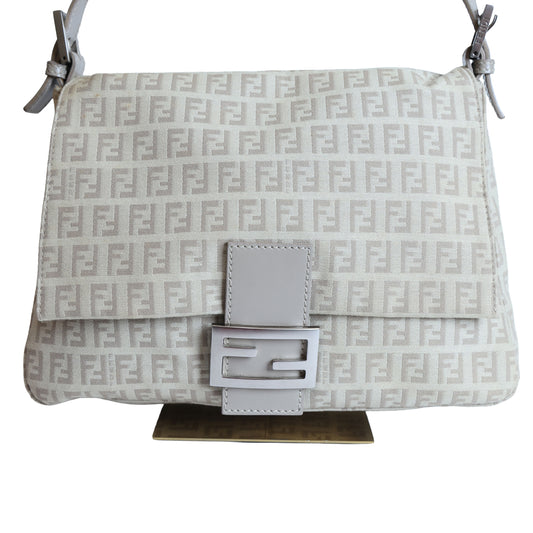
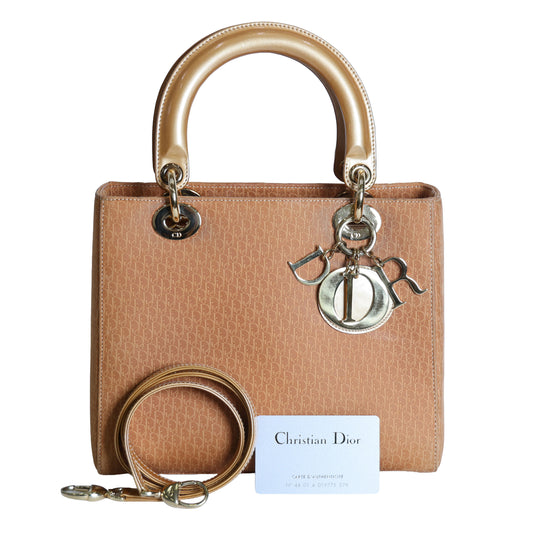
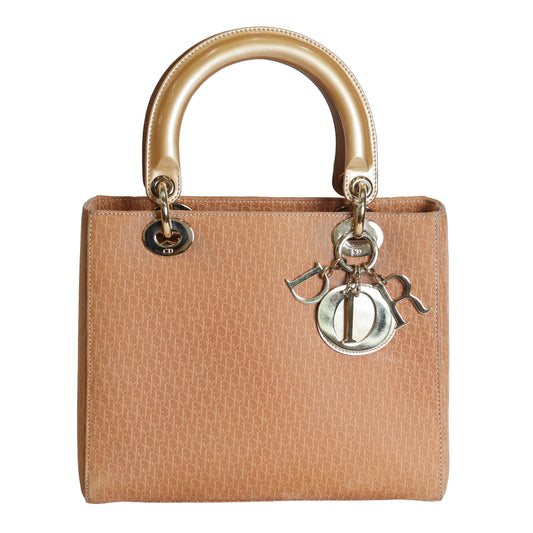
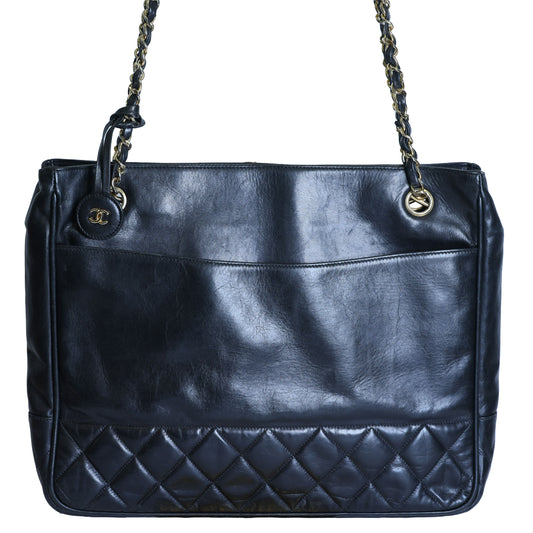
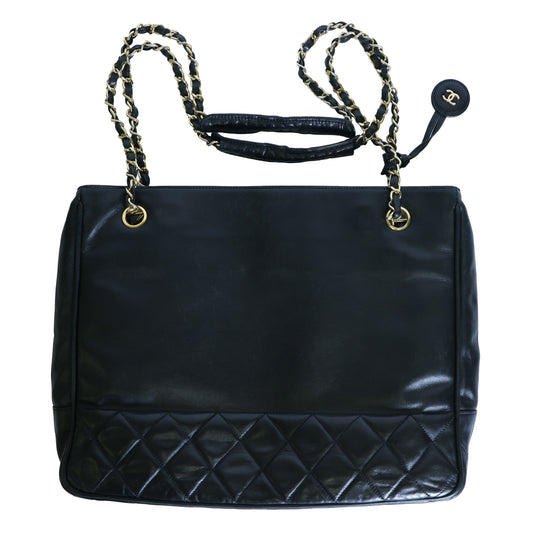
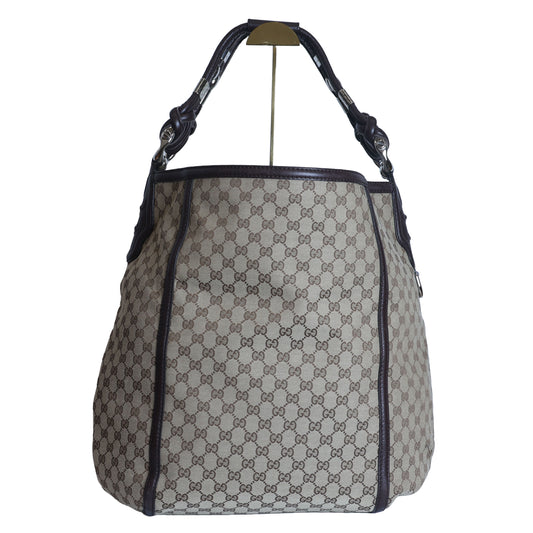
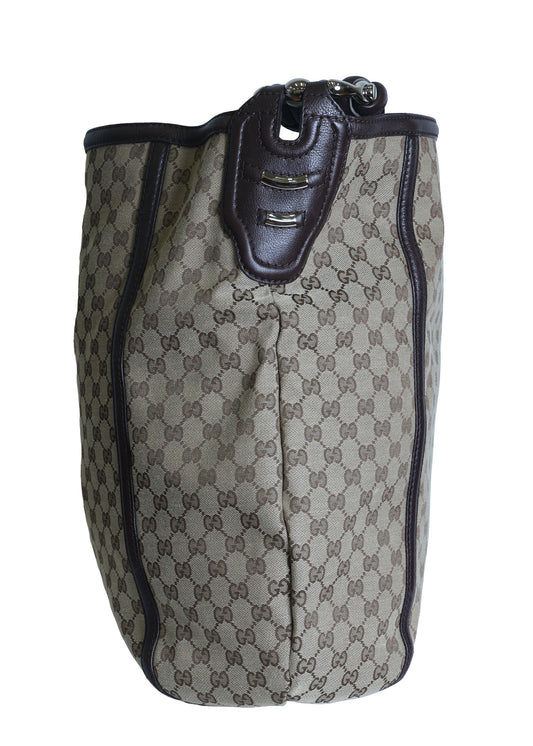
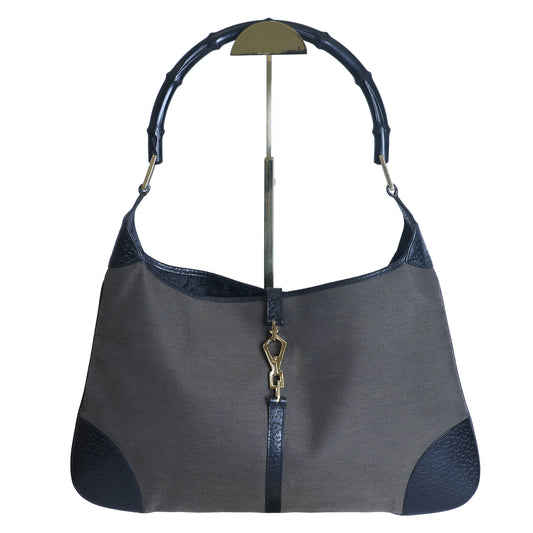
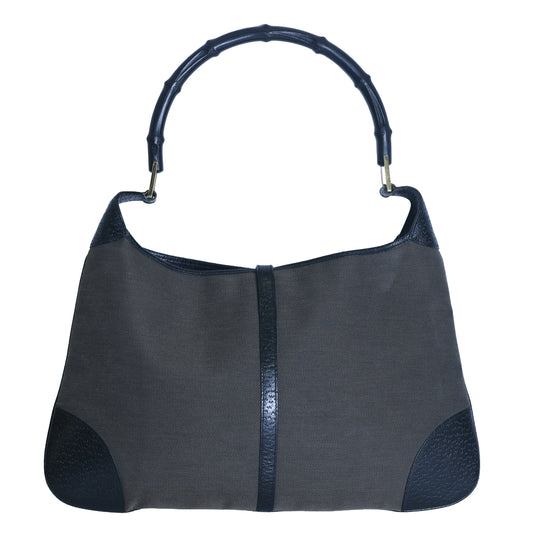
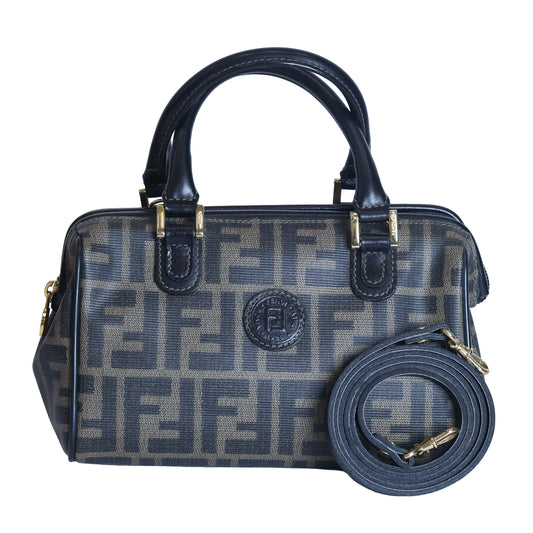
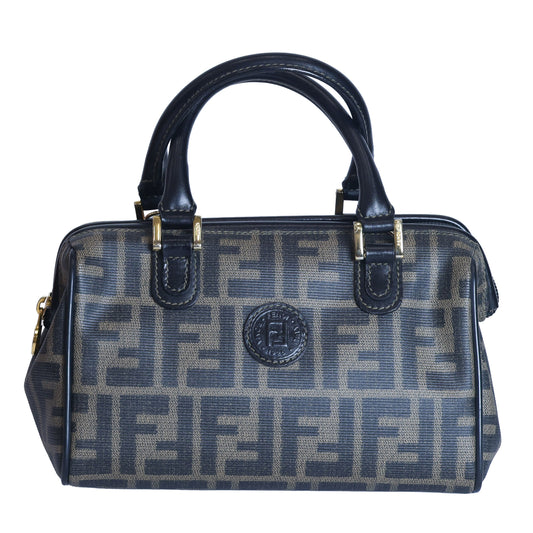
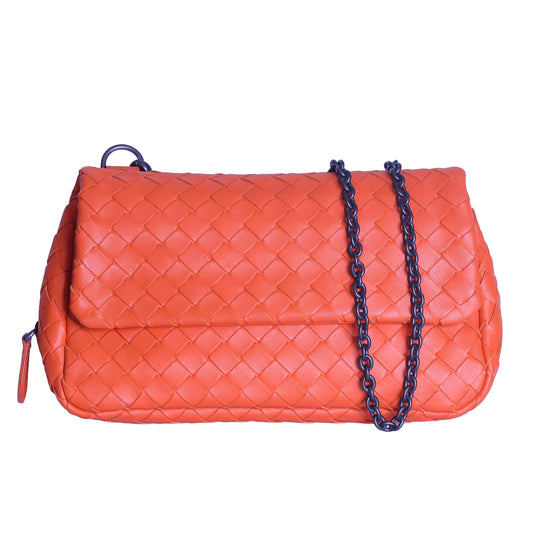
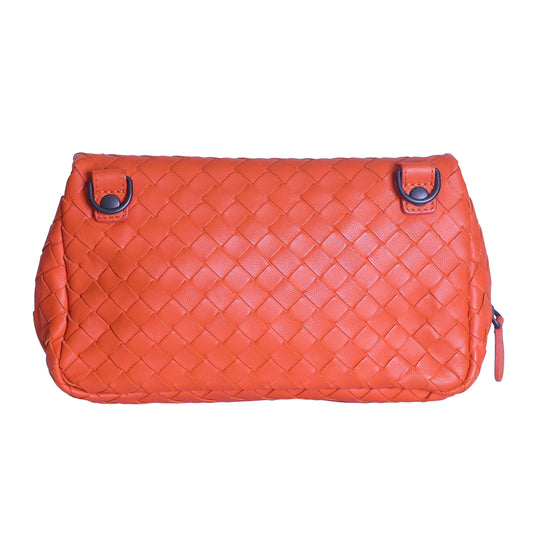
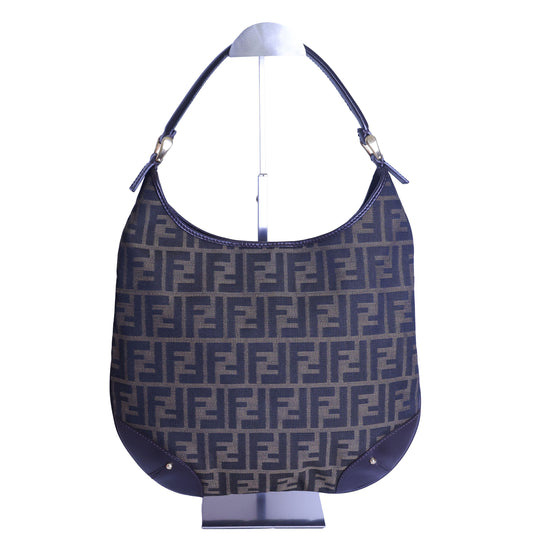
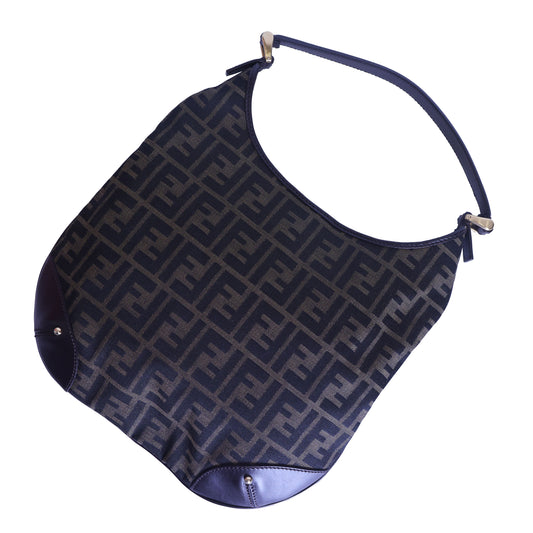
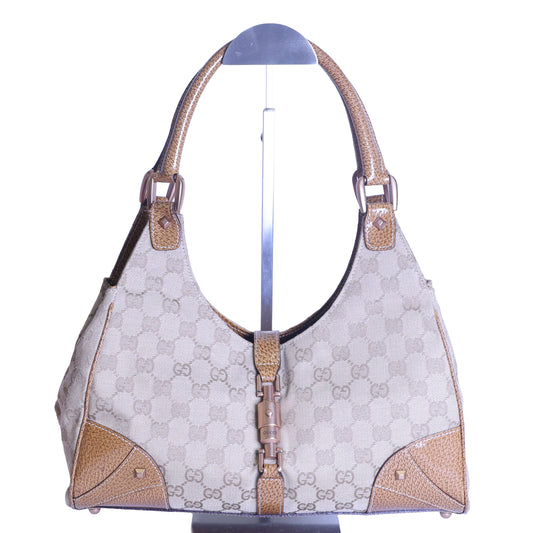
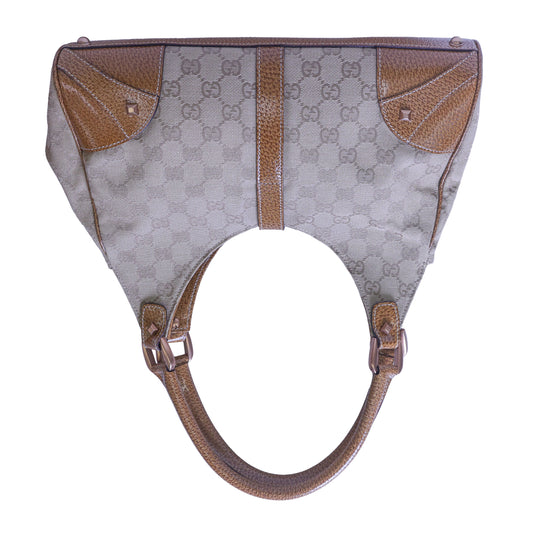
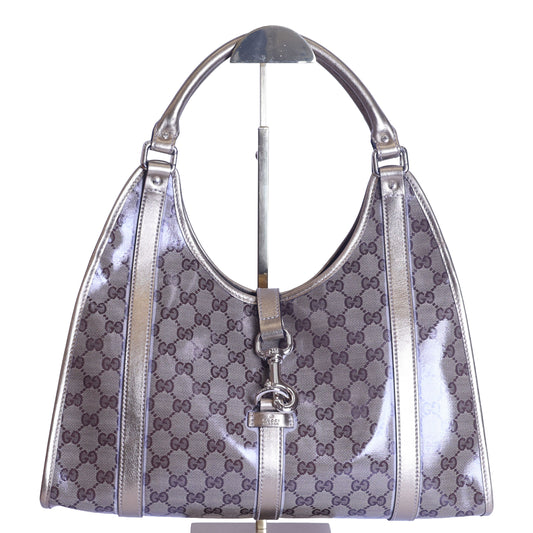
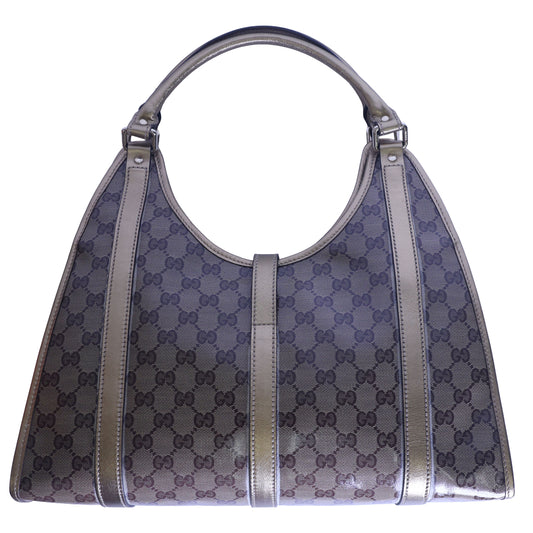
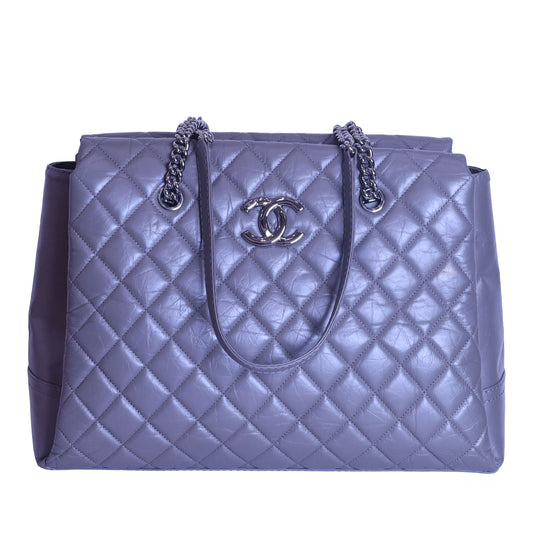
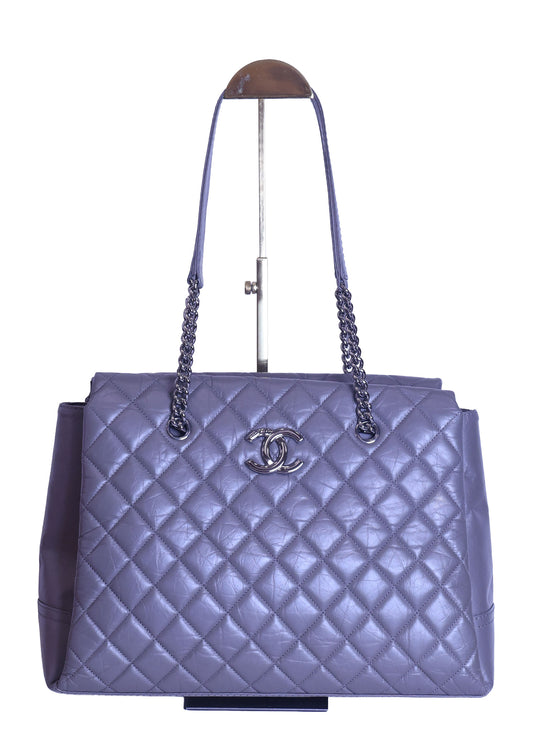
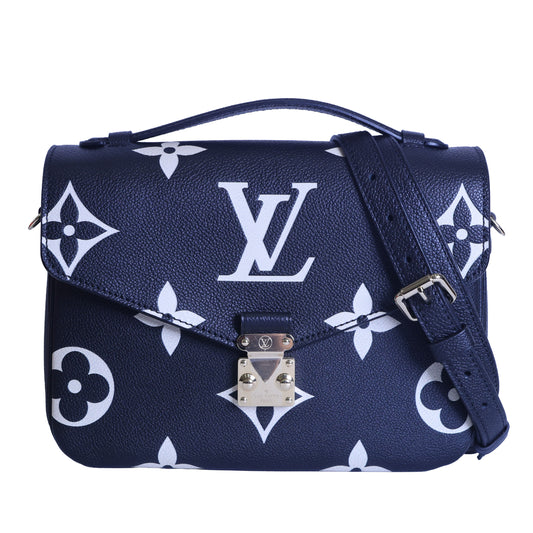
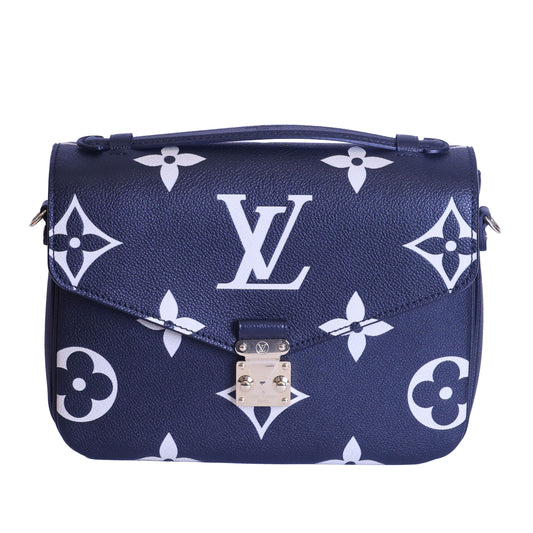
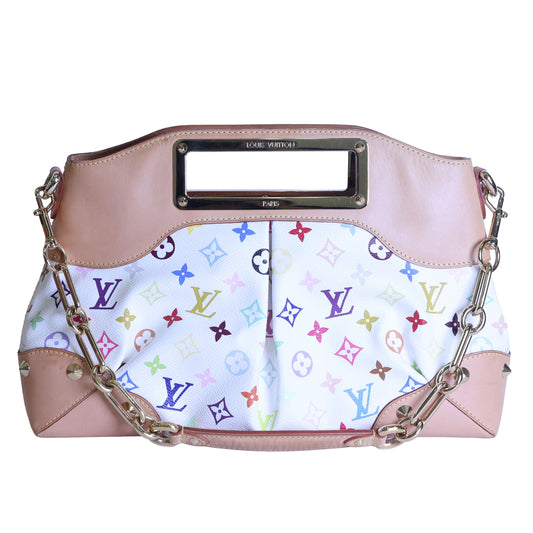
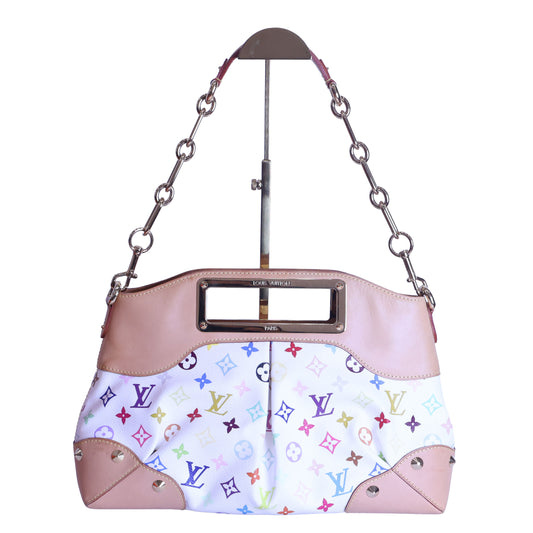
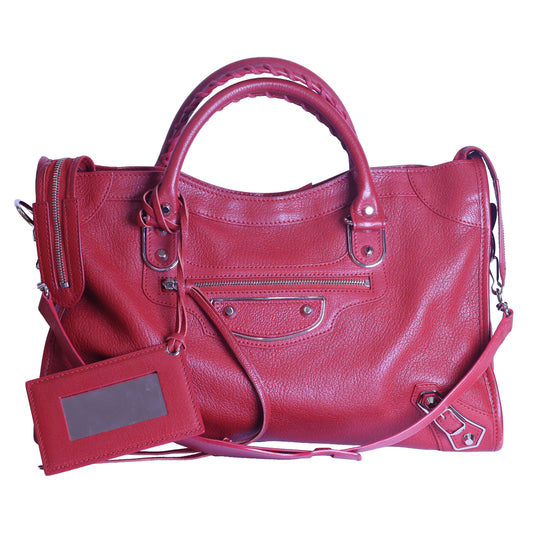
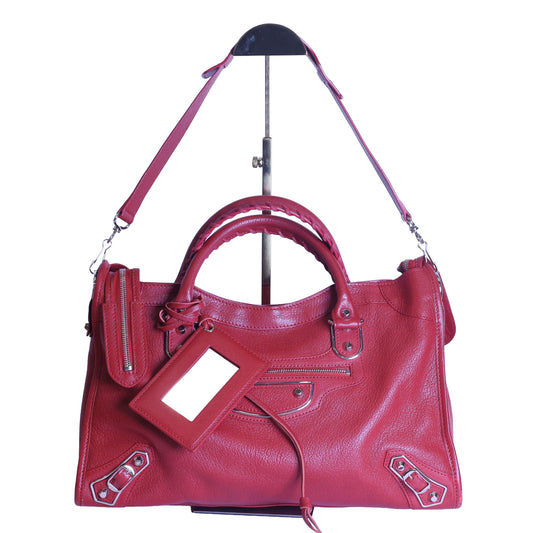
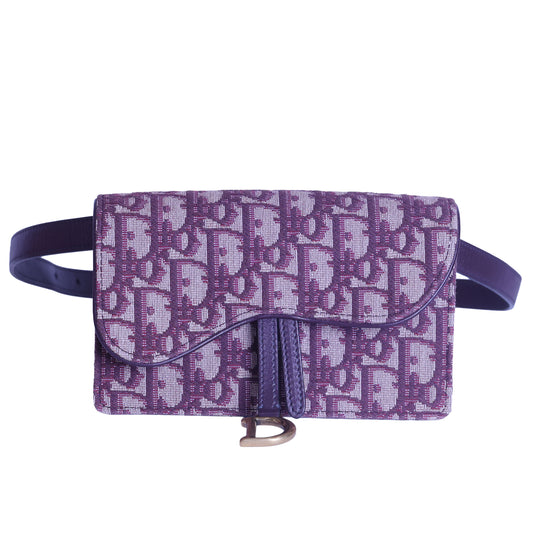
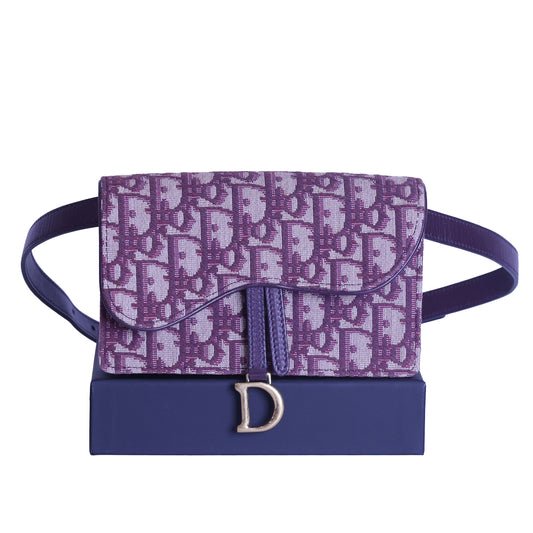
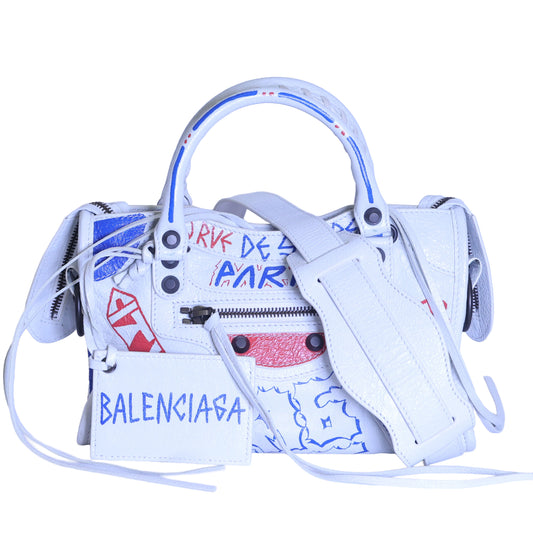
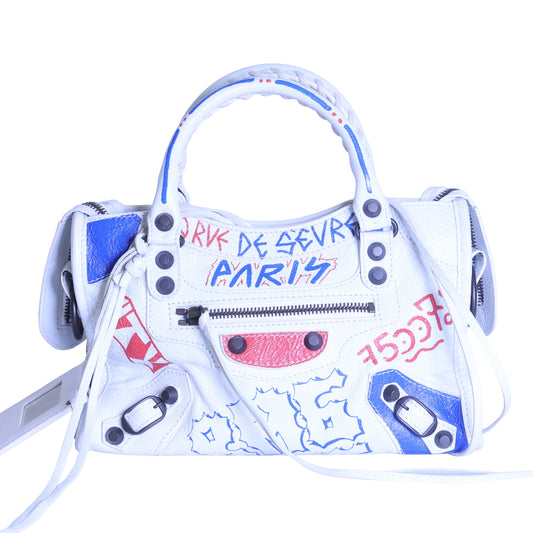
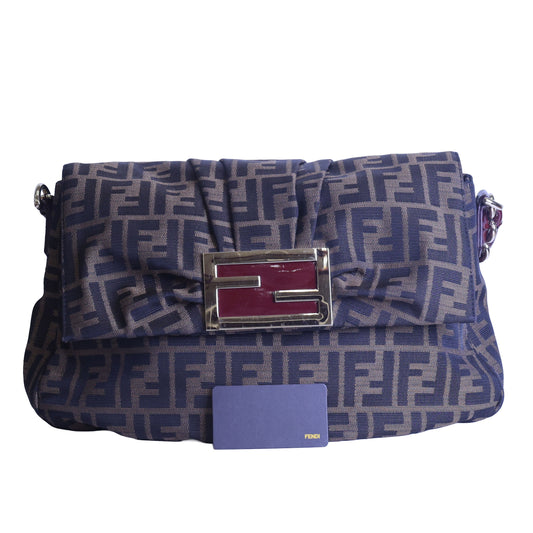
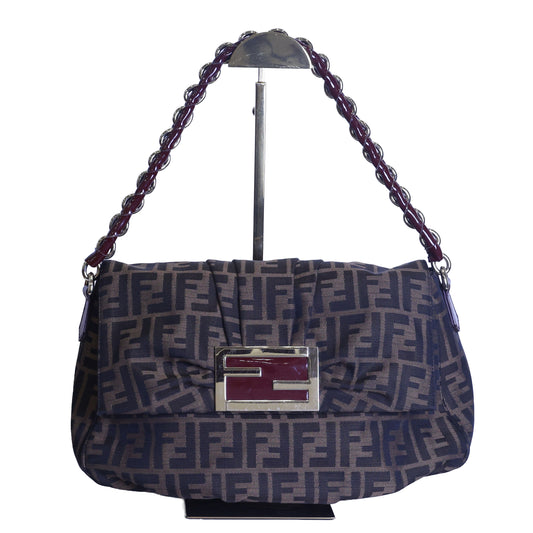
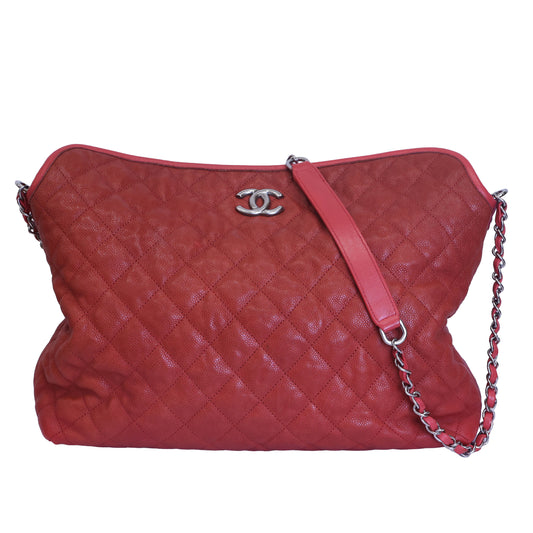
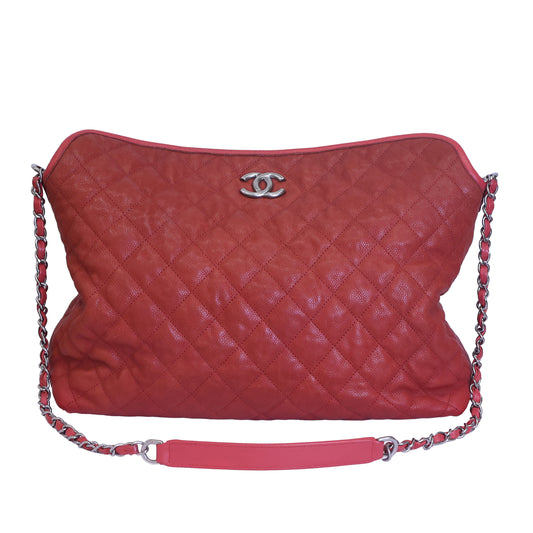
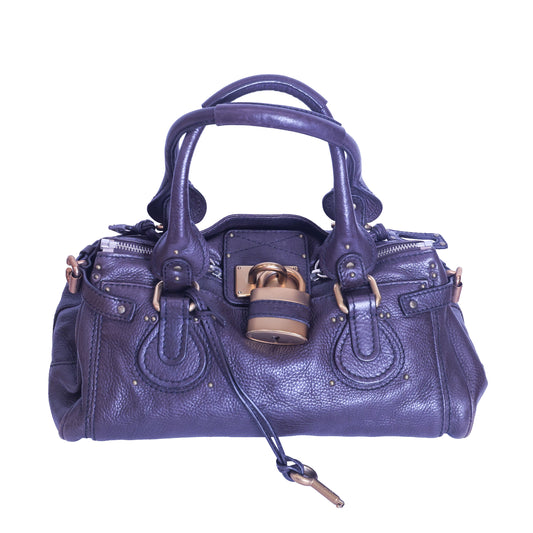
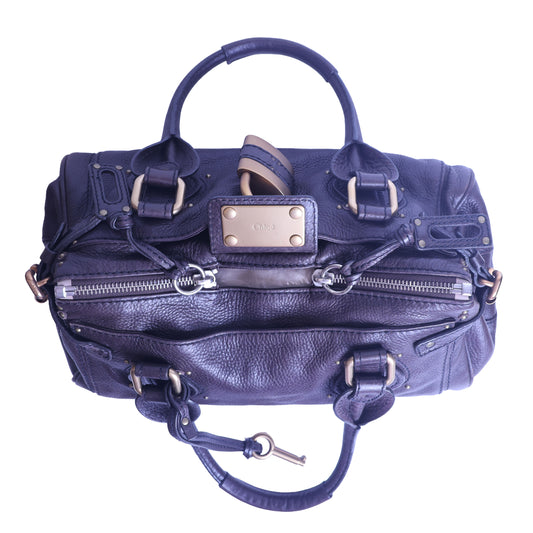
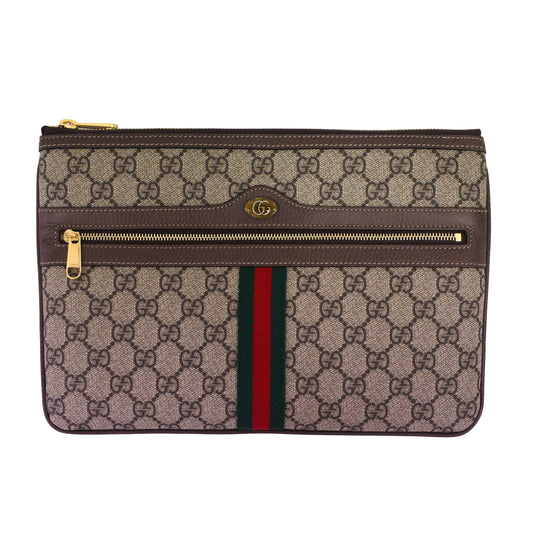
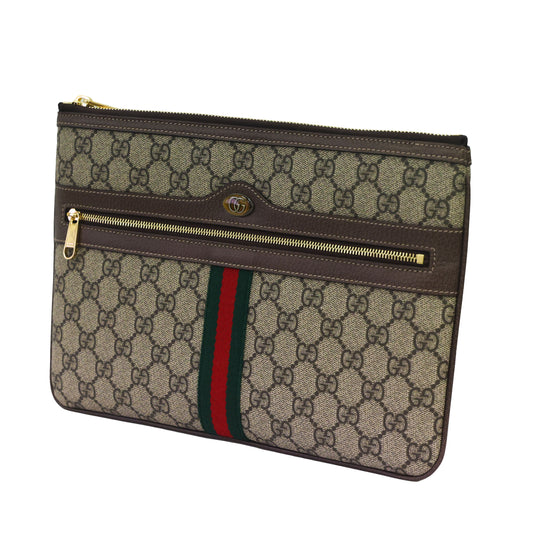
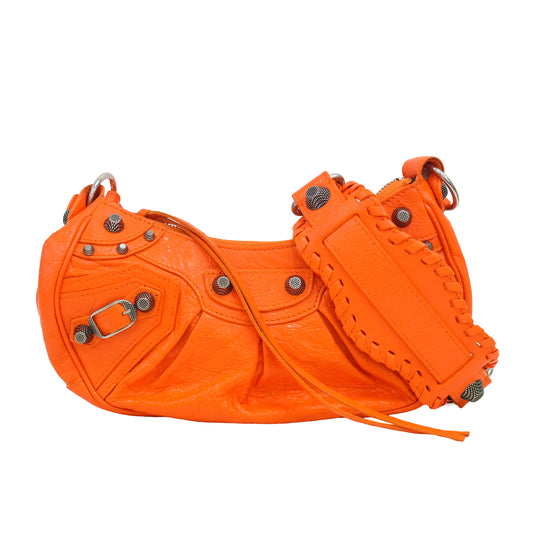
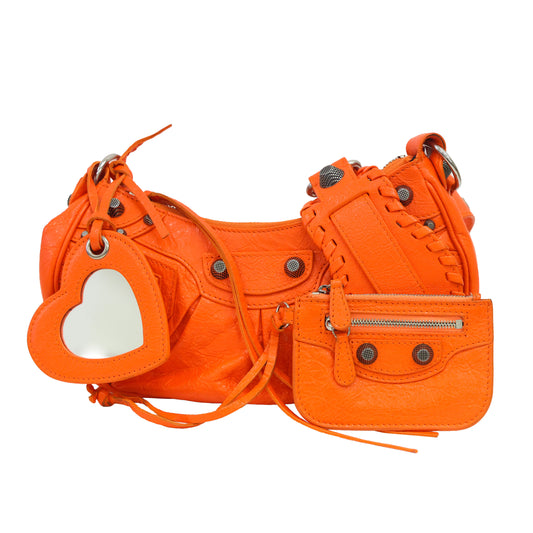
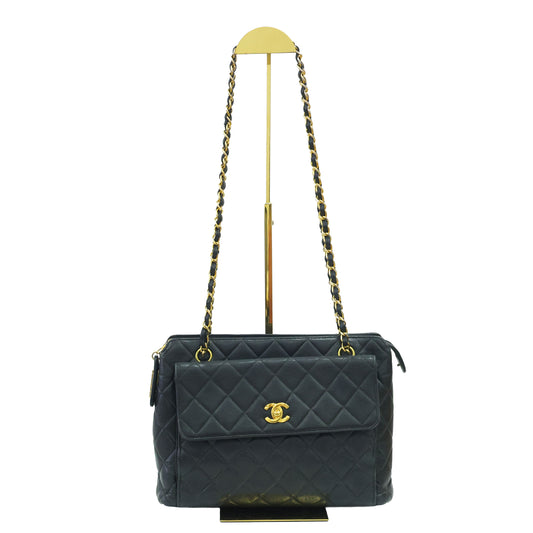
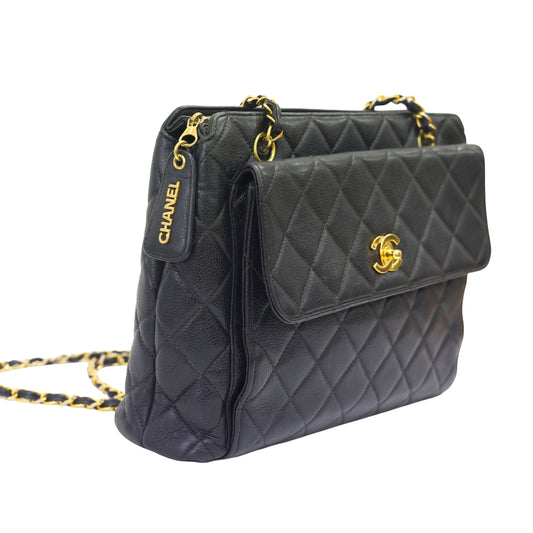
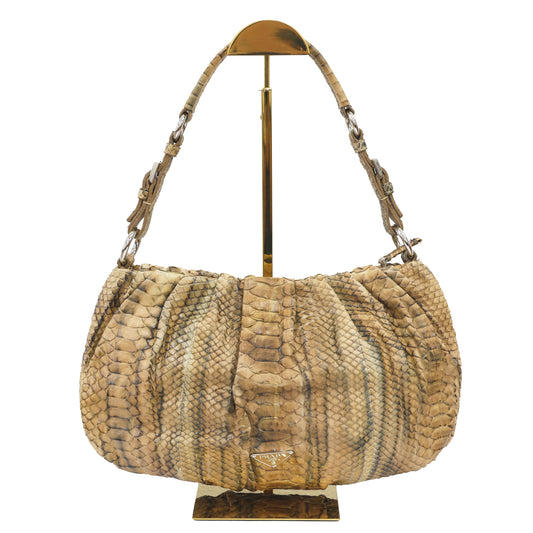
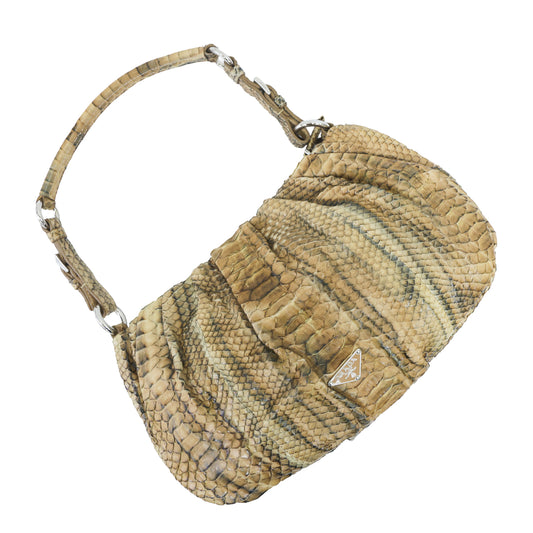
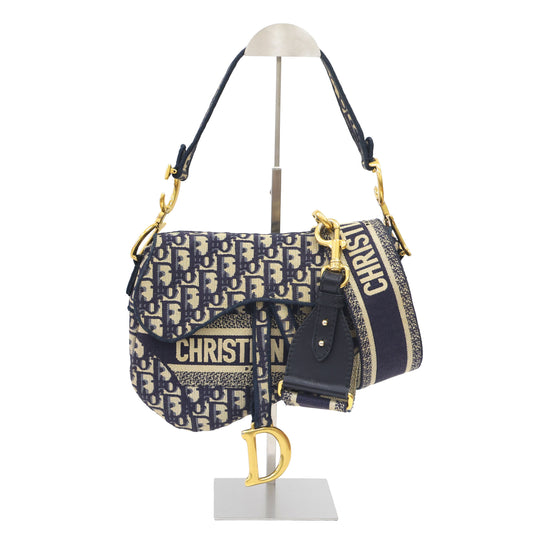
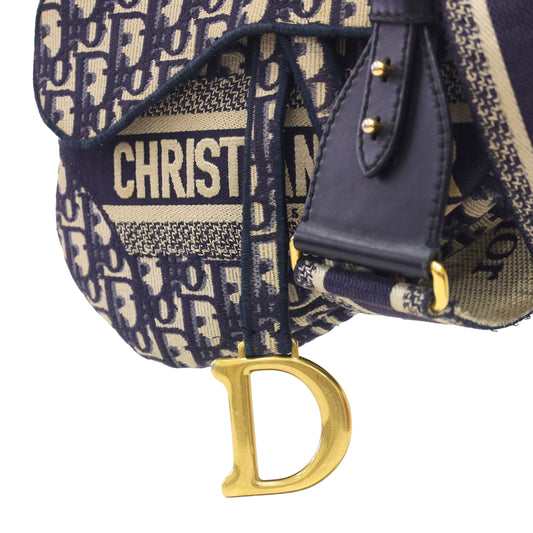
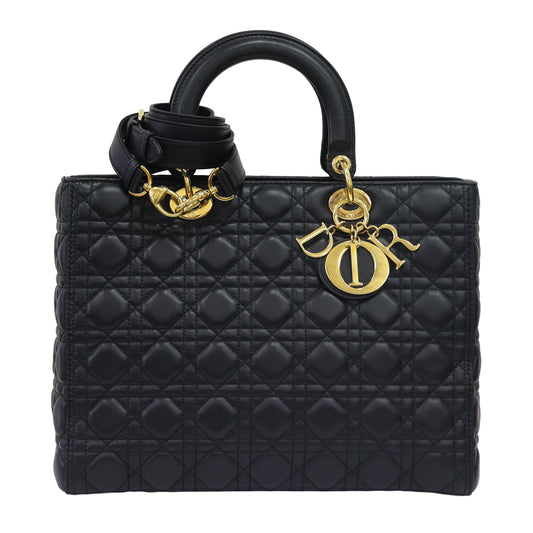
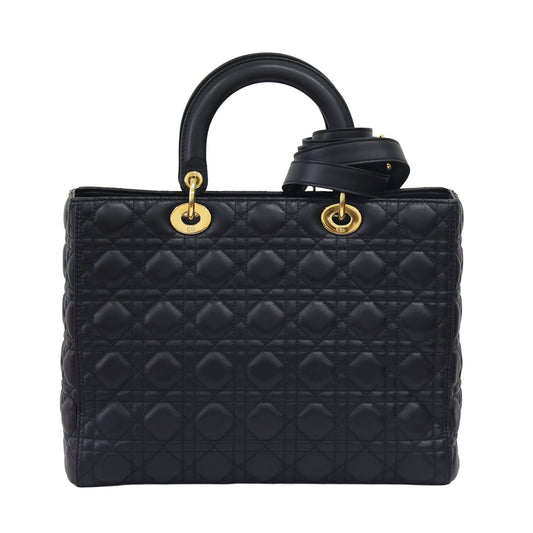
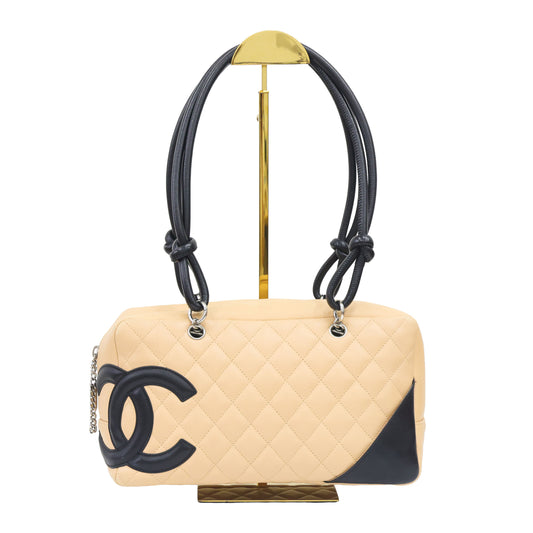
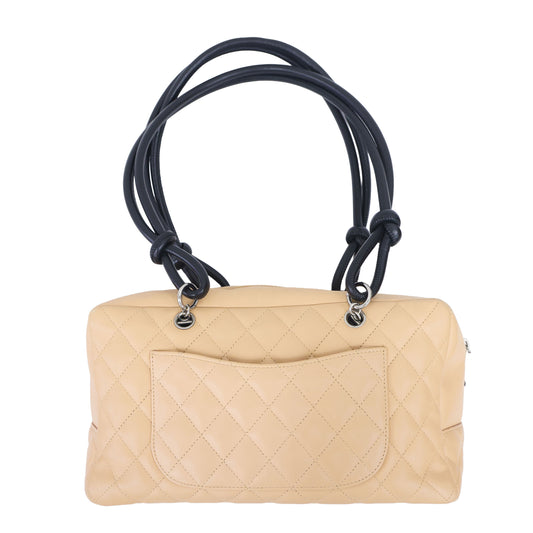
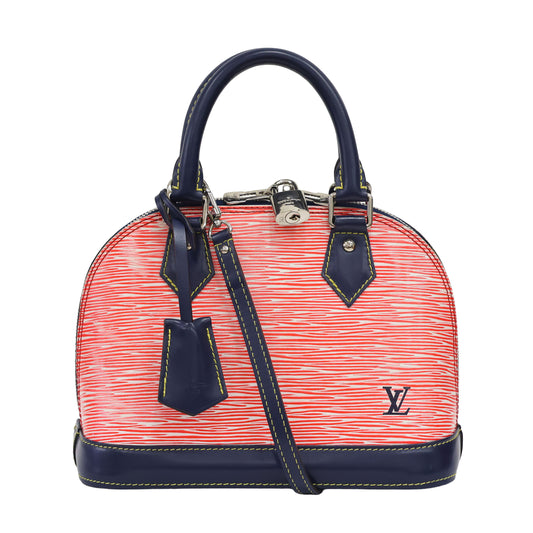
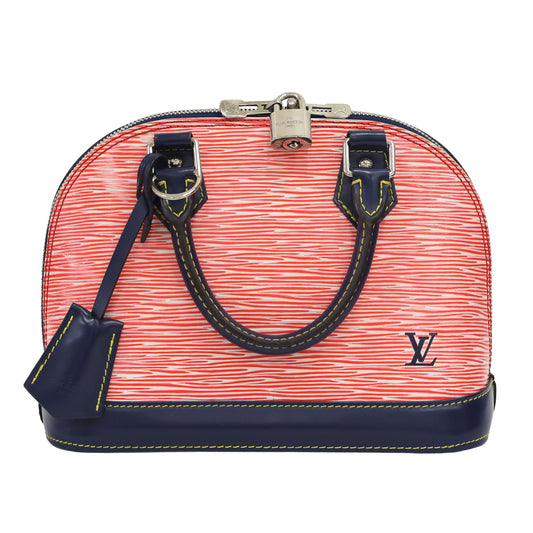
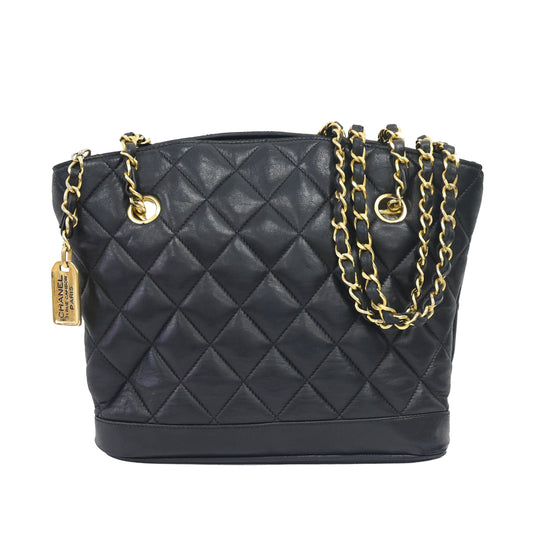
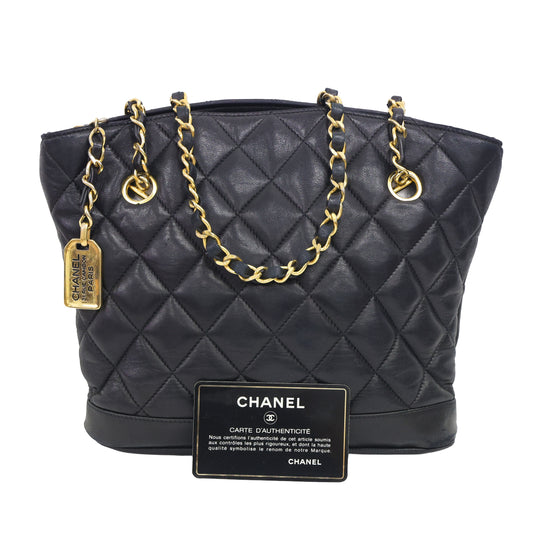





0 comments